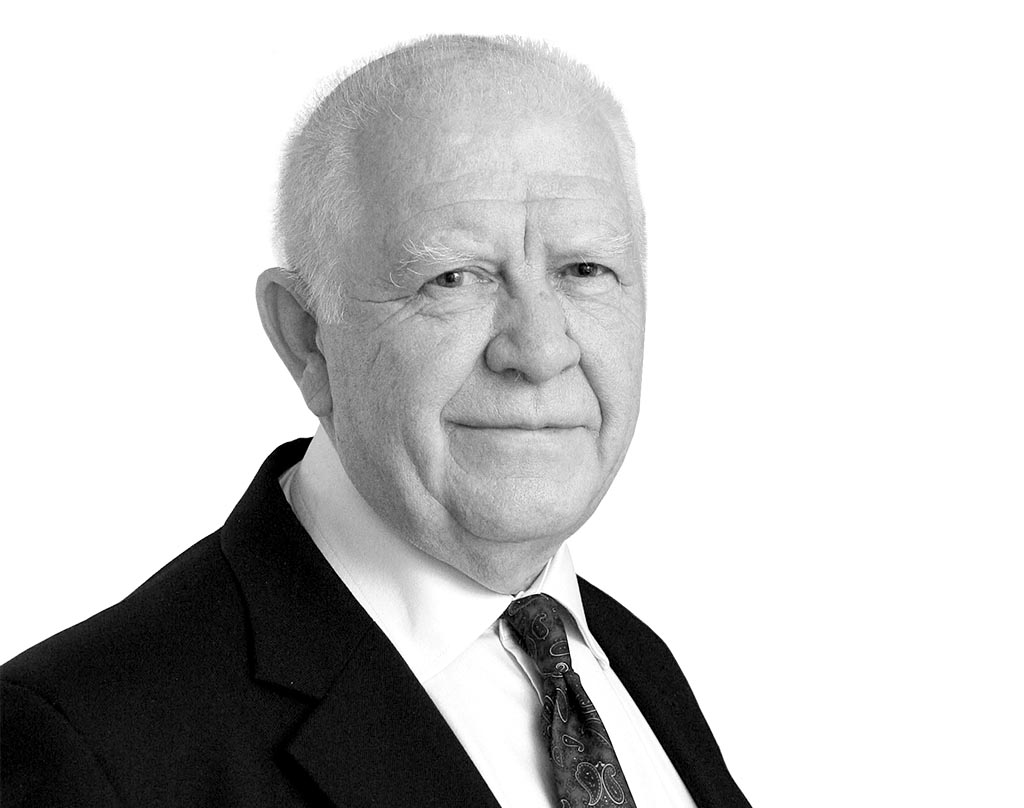By: Keith Miles
Capitalism has been the most successful economic system in history. So much so that China has adopted it. Russia has adopted it. Former communist states in Africa, Asia and Europe have adopted it.
Given the years and years of anti capitalist propaganda by communist fanatics and socialist dreamers, not to mention soft left liberals this should be a surprise. Churches have also been guilty of flirting with soft left ideas although it must be admitted that they are right to notice the errors and faults that occur in a capitalist economic system. In my view capitalism is is not any sort of philosophy or political system it is mainly the most efficient way that business is done.
The fact that capital is employed in many ways is just that a fact and the attempt by communism to ignore or imagine that it is not to be taken into account was complete stupidity and led to many bad decisions. It was a naive and very basic flaw led by prejudice of the part of Marx. Everyone has some sort of capital, from the workman with his set of tools to the farmer with his fields and the factory owner with his buildings and machines. In fact capital is so important that modern writers both for industry and academia talk about intellectual capital, and even social capital.
Whereas capitalism has seen a rise in the well being of millions, a reduced percentage of people in extreme poverty, better heath, lower child mortality, socialism often brought death and disease. Both China and the Soviet Union had famine in the 20th century brought on by mismanagement, and Yugoslavia after the communist revolution in 1945 with the nationalisation of farms was on the brink of starvation which was prevented by American aid. (The communists fought for a revolution and covered their plans by the patriotic wishes of the population to be free of occupation, rather as Stalin had to turn to patriotism and nationalism after he was losing the war against Germany. People would fight for their country and not for communism). The modern world with all its conveniences in the home that reduce drudgery, washing machines, vacuum cleaners, refrigerators, television and so on came about from the capitalist system. We should also mention medicines and modern hospital treatments.
The world’s growth of population has only been manageable because of capitalism. Before communism Russia exported food but under communism it had to purchase huge quantities of grain for the basic requirement for bread.
Why then does anyone listen to socialist and left-wing parties? They are what Americans call ‘snake oil salesmen’ selling a magic recipe to cure everything but it never worked and never will.
The challenge now is not to prove that capitalism as an economic system is the most efficient that has been found to date but to realise that its greatest benefit has been to make people free. The dictators and authoritarian leadership in some of the converts to capitalism, China, Russia and Vietnam in particular, like the benefits and the wealth and power it brings but they are very careful to keep power.
But in the end it cannot last because as people get wealthier and own their own little piece of capital (House-car-pension fund-personal goods=private business etc) they will seek to be happy in a free society with a free economy and will not want more and more regulation and ever bigger government. The challenge now is not to prove capitalism in a free market is the most efficient system for allocating resources but to ensure that people are free to enjoy the benefits in a true democracy. Not looking over their shoulders as they did in the past at secret police and party officials but also free of the new tyranny of ever growing regulation that is loved by bureaucracies, and able to enjoy the success of capitalism.
Keith Miles is an academic, retired financier and publicist. He is the honorary president of the British-Slovene Society. He holds a bachelor’s degree in finance and a master’s degree in philosophy (MA) and has worked as a financier and auditor in both the public and private sectors for more than 40 years, mainly in the UK.

